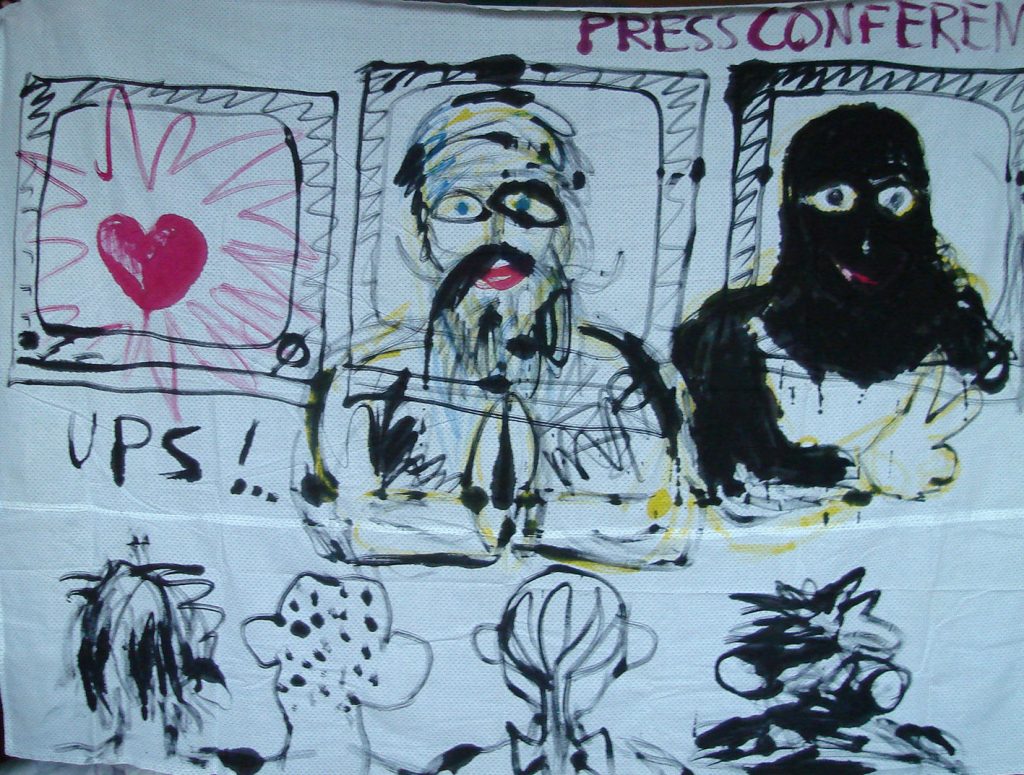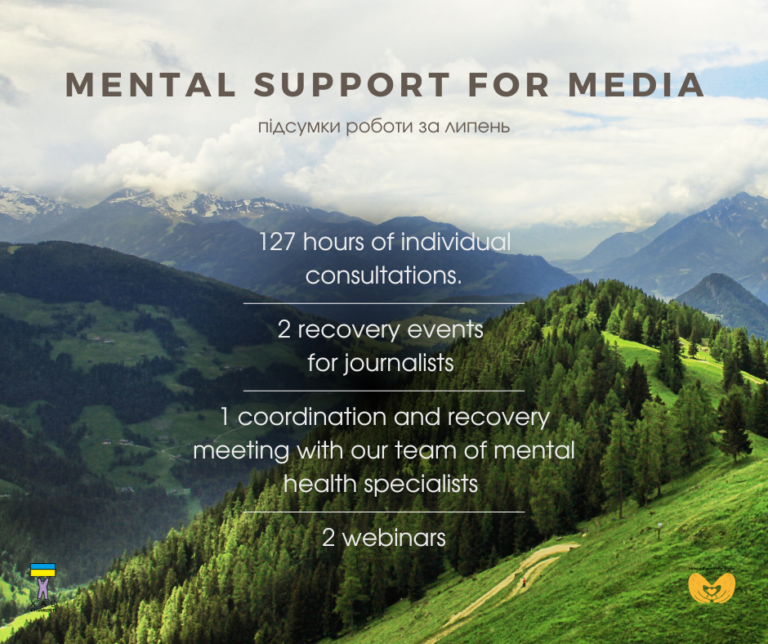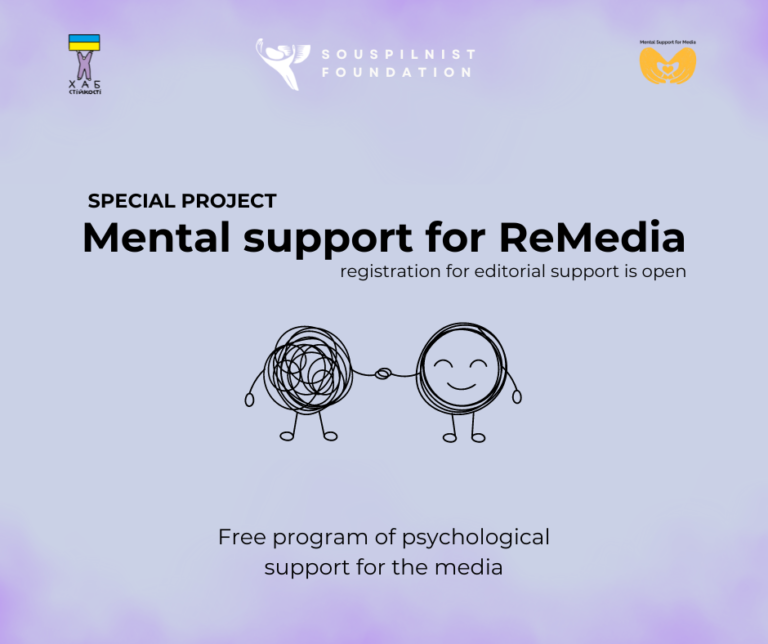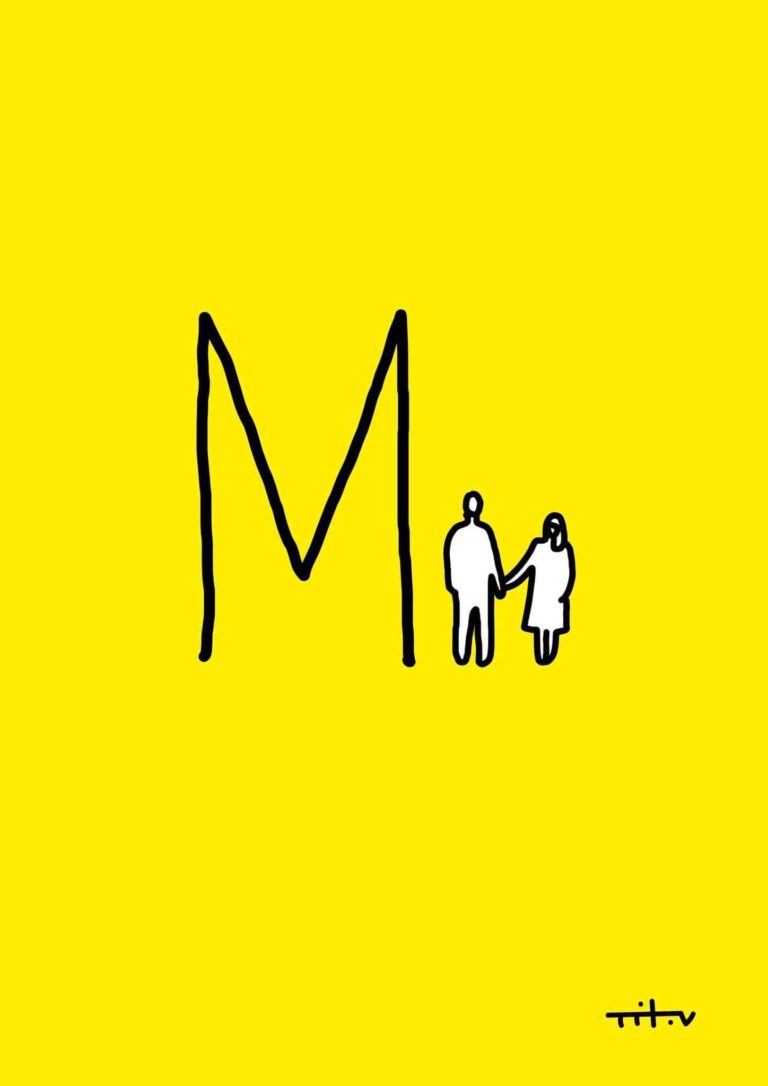Traditionally, January is a time to take stock of the past year and think about the future. As for mental health, everything was ambiguous last year. On the one hand, the COVID-19 pandemic prompted many, be it companies, organizations, or individuals, to recognize the importance of regular health care. Considering the fact that talking about mental health, overall, was not the done thing in Ukraine until recently, and that this topic remained shrouded in myth and bias, the pandemic, for all its negative aspects, played a significant role and its impact is now increasingly heard in the phrase “mental health is important”.
On the other hand, the global health crisis has also exacerbated the shortcomings in mental health services. Over 60% of countries reported disruptions to mental health services for vulnerable people, including children and adolescents (72%), older adults (70%), and women requiring antenatal or postnatal services.
According to new research by the Mental Health Foundation (UK), key indicators of distress among adults – including loneliness, suicidality and not coping well with stress – are worse now than at the start of the pandemic. The study was conducted monthly since the lockdown started in March 2020 and, disappointingly, the longer-term trend is toward deepening the mental health crisis.
As there is no vaccine to protect our mental health from the effects of the pandemic, it is extremely important that we focus on preventing mental disorders and promoting mental health approaches.
Read also: On resilience and its role in the work of journalists in 2021.
Prolonged uncertainty, excessive anxiety – this is what has become common to millions of people around the globe, regardless of their line of work. This is, however, especially true for those at the forefront of the COVID-19 topic – health workers, scholars, journalists. Overall, journalistic work typically has to deal with pressure and stress is the biggest healthcare problem affecting media workers (the National Union of Journalists, UK). With this in mind, in 2020, we launched an online course, CareYou, for newsrooms and NGOs, aiming to develop competence to care for oneself and one’s team at work and manage anxiety and stress. The course received good feedback.
What can be expected in 2021 in the field of mental health?
According to our observations, in the new year, the focus will be on the following three aspects.

Anatoliy Zvizhynskyi, “pressconference”, 2009
- Even more presence online
It should be admitted that despite the success of the vaccine, it is too early to talk about overcoming the COVID-19 pandemic completely. Therefore, the key principle of “keeping a distance for the sake of life” will stay the same, and online sessions with patients will continue into 2021. The potential integration of 5G technology could facilitate online sessions by providing better communication and improving conditions for treatment, which will eventually increase people’s overall satisfaction from working with a specialist remotely.
- Digital therapy
Apps and programs will become increasingly common in supporting the treatment of patients with mental and behavioral problems. Currently, the most popular apps are those helping reduce anxiety, accompanying you in relaxation techniques and supporting the formation of healthy lifestyle habits, yet the programs helping cope with anxiety disorders and depression of moderate severity also prove effective. Most of the available digital methods of therapy use the approach of cognitive behavioral therapy (CBT). Some of the evidence-based programs can be seen here.
As of today, there is evidence that digital psychotherapy is an effective and quality treatment option for patients, and this area is expected to develop still further. It also increases the chances of expanding the use of virtual reality (VR) technology that has proved effective in correcting behavior.
- Caring about employee mental health
A team’s well-being is important and crucial for the well-being of the entire organization / company if the latter is focused on sustainable development. The pandemic has revealed this pattern as well.
Quarantine has forced nearly 3 billion people to adapt to the new environment. Employees and employers the world over are now having a new experience – someone working from a home office and someone from a kitchen surrounded by children, forced to simultaneously juggle home, parenting and work responsibilities. Blurring the boundaries, or better yet – a mishmash of work and home – all of this adds to the stress. Without daily face-to-face contacts, it becomes more difficult for the managers to assess the team’s workload, notice the signs of employee burnout before it is too late, and take appropriate measures.
Being proactive toward their employees’ mental health can help the leaders accept today’s challenges and reach a new level of the organization’s activity – learning themselves and teaching others how to take care of themselves and their team members, organizing the work schedule in such a way as to be able to work productively and recover, creating a supportive environment and setting up the services in a person-centered organization. Progressive organizations are already implementing mental health care practices at work, and the organizations willing to remain active and prosperous in the new year will also have to reconsider the role of leader and the HR department (if available) in terms of the new focus.
In lieu of a summary
Hard challenges always bring new opportunities. Digital solutions and tools that are being actively implemented to overcome the effects of the COVID-19 pandemic will be valuable in the “post-quarantine” period: mental health problems also needed to be addressed in the “pre-COVID” period, and digitization can make quality mental health care more accessible, especially in the small communities.
In our turn, we will start 2021 with an initiative regarding both online activities and the strengthening of journalists’ mental health – the “12 Months of Resilience” program – aiming to promote the creation of peer-to-peer groups among young journalists, which is a handy, simple tool to reduce work-related stress and burnout. In the long run, this practice will help them enhance resilience, their ability to cope with difficulties and do their work well.
Our CareYou team wishes you good physical and mental health ?
Andriy Sydorenko, CareYou program manager
Anastasiia Nizhnik , CBT psychotherapist


